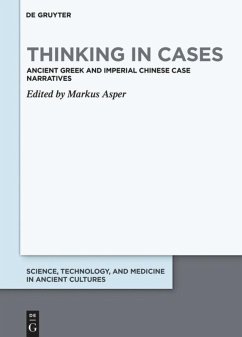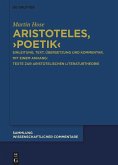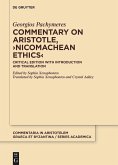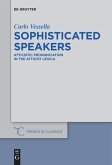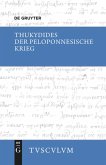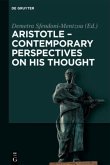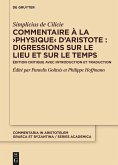Who is afraid of case literature? In an influential article ("Thinking in Cases", 1996), John Forrester made a case for studying case literature more seriously, exemplifying his points, mostly, with casuistic traditions of law. Unlike in modern literatures, case collections make up a significant portion of ancient literary traditions, such as Mesopotamian, Greek, and Chinese, mostly in medical and forensic contexts. The genre of cases, however, has usually not been studied in its own right by modern scholars. Due to its pervasiveness, case literature lends itself to comparative studies to which this volume intends to make a contribution. While cases often present truly fascinating epistemic puzzles, in addition they offer aesthetically pleasing reading experiences, due to their narrative character. Therefore, the case, understood as a knowledge-transmitting narrative about particulars, allows for both epistemic and aesthetic approaches. This volume presents seven substantial studies of cases and case literature: Topics touched upon are ancient Greek medical, forensic, philosophical and mathematical cases, medical cases from imperial China, and 20th-century American medical case writing. The collection hopes to offer a pilot of what to do with and how to think about cases.
Bitte wählen Sie Ihr Anliegen aus.
Rechnungen
Retourenschein anfordern
Bestellstatus
Storno

